Antoine Roex, Stalks
Personalising learning by harnessing data offers unique opportunities to improve student performance. Find out how data can be used to adapt teaching methods, meet individual needs and optimise educational results.
Gathering and analysing data for effective personalisation
The use of data in education enables teachers to better understand the specific needs of each student, to adjust their approach and to offer individualised learning paths. Today’s education systems generate vast amounts of data, particularly from assessment results, school records and interactions on online learning platforms. By analysing this data correctly, teachers can identify the areas in which students are experiencing difficulties and adjust their lessons to meet these specific needs. Analysing assessment results also makes it possible to monitor students’ progress over the long term. By comparing data from different assessments, teachers can better identify trends and make teaching decisions based on concrete facts, rather than subjective impressions. What’s more, digital tools such as adaptive platforms can automate some of this work, offering personalised recommendations for each student, based on their strengths and weaknesses.
Using predictive analysis to prevent academic failure
Predictive analysis, based on the data collected, is a powerful tool that enables educators to anticipate difficulties before they have a significant impact on students’ results. By cross-referencing data such as attendance, exam results and class engagement indicators, teachers can identify students at risk and put in place targeted intervention strategies. For example, some systems analyse school behaviour and results to predict the risk of failure or dropping out. These tools enable teachers to act quickly and offer personalised support, such as remedial sessions, mentoring or changes to the pace of learning. This proactive approach not only helps to reduce school failure rates, it also promotes a more inclusive learning experience, where every student has an equal opportunity to succeed.
Adapting learning content using data
One of the most interesting aspects of personalising learning using data is adjusting teaching content. By analysing student performance, teachers can identify gaps in the curriculum and adapt lessons accordingly. For example, if a group of students does not fully understand a particular concept, the teacher can reinforce that part of the programme by spending more time on it or explaining it in a different way. Adaptive learning platforms play a central role here by modifying students’ learning paths in real time according to their results. Tools such as interactive dashboards also enable teachers to monitor progress live and react immediately. This flexibility in content management helps to better meet the heterogeneous needs of students and maintain their engagement throughout their learning.
The challenges of using data in education
Despite the many advantages of using data in education, certain challenges remain. One of the most important concerns the protection of students’ personal data. Education systems must ensure that they comply with strict data confidentiality and security standards. It is essential to ensure that the information collected is well protected and used ethically. In addition, the effective use of data requires investment in terms of technological infrastructure and teacher training. Setting up robust data collection and analysis systems requires considerable resources, and not all schools yet have the means to acquire them. It is also crucial that teachers are trained in data analysis so that they can make the best use of it to personalize their pupils’ learning.
Conclusion
Using data to personalise learning opens up new opportunities to improve the educational experience of students. By enabling teachers to adapt learning paths, quickly identify students in difficulty and adjust content, data offers unprecedented possibilities for supporting academic success. However, to maximise its impact, it is essential to overcome the challenges associated with data management and teacher training. Tomorrow’s education will undoubtedly focus more on an individualised approach, made possible by the intelligent use of data.
References :



